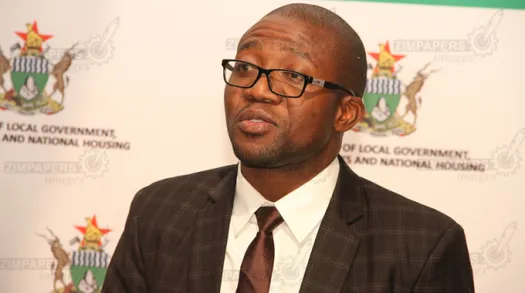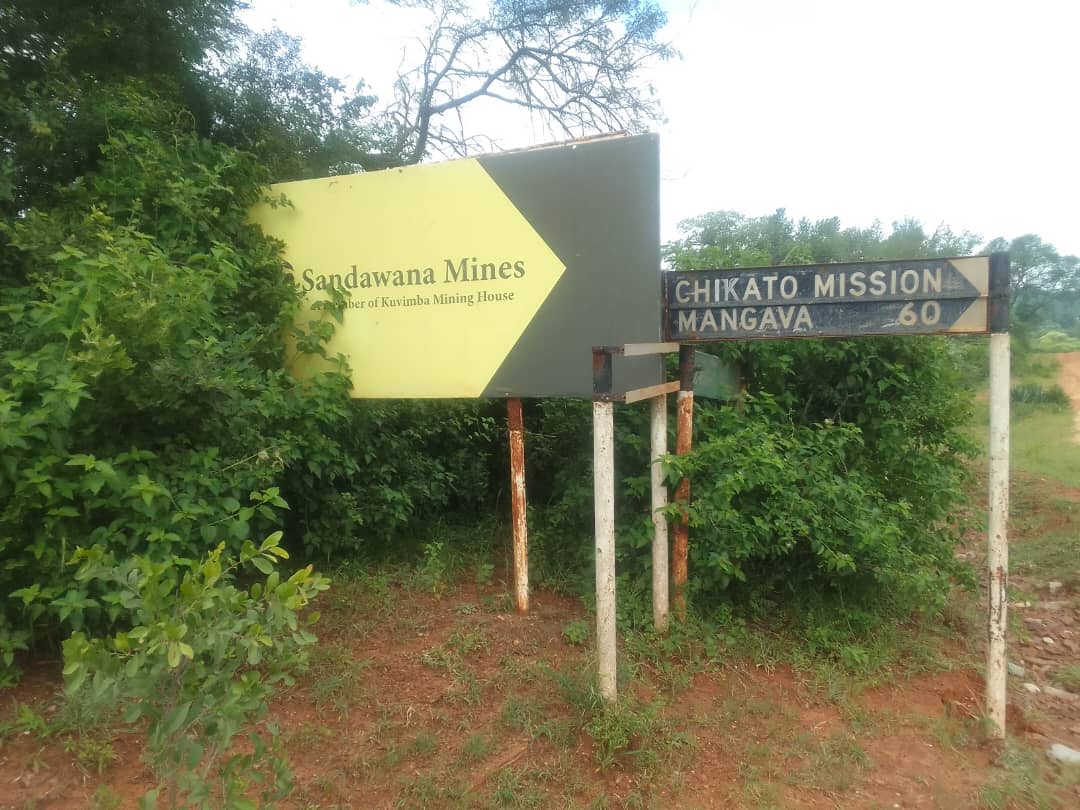…the West must incentivize transition to cleaner energy
Moses Ziyambi
Zimbabwe possesses vast coal deposits that can generate 10 000 Megawatts of power daily if enough investment is put in place; the Minister of Environment, Climate, Tourism and Hospitality Industry Dr Mangaliso Ndlovu has said.
Speaking at a COP27 preparatory meeting hosted by government in partnership with the Common Market for Eastern and Southern Africa (Comesa) in Harare last week, Dr Ndlovu (pictured) said developing countries like Zimbabwe could not be expected to rapidly transition to cleaner energies without the provision of requisite funding.
“There is so much coal to the southern banks of the Zambezi River that we could generate 10 000MW of power if enough investment is mobilized. Our position, however, is that developed countries have a responsibility to support our transition goals so that we are able to meet our carbon reduction targets,” he said.
Earlier on, Dr Ndlovu had delivered his opening speech through which he called for pragmatic transition models that do not disrupt economic stability.
“Whilst Zimbabwe is joining the rest of the world in cutting its emissions, it is well-aware of the impacts of the global actions such as the phase-out of coal-fired power stations on its economy. The country calls for a gradual phase-out that takes into consideration our levels of economic development, the need to reduce energy poverty and time for communities and economic systems to adjust,” he said.
The event saw stakeholders coming up with a draft document containing the country’s COP27 negotiating points which include demands for climate reparations and the efficient disbursement of adaptation finance to developing countries.
In his contributions, forestry management expert and climate change researcher Dr. Yemi Katerere said reparations were a key component towards the achievement of climate justice.
“Figures show that Africa contributes just about 4 percent to global emissions and this means that we are the least responsible for climate change but the most vulnerable. Rich countries need to pay reparations so that we can build our resilience and adaptive capacities. The complex bureaucracy accompanying applications and disbursement of, for instance, loss and damage finance should be softened,” he said.
Dr Katerere also called for a climate change bill which will lead to the creation of a national climate fund.
Other stakeholders said the Rural Electrification Agency should be capacitated to enlarge its scope to include afforestation and solar energy projects.








